Get the latest international news and world events from around the world.
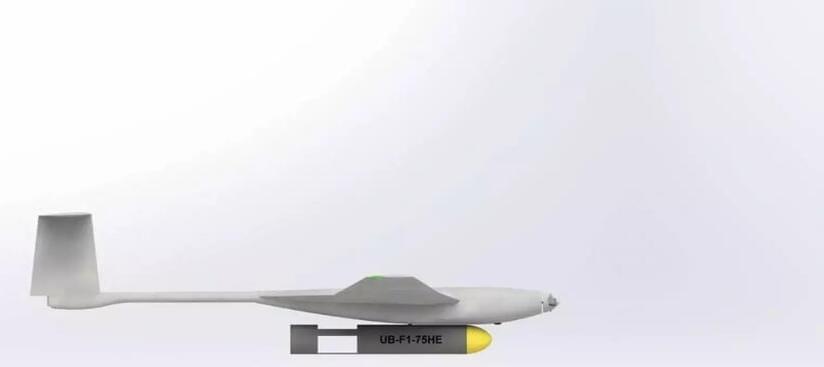
How big is the moon really and how did we measure it?
The struggle to measure the moon is a longstanding one.
Earth’s moon is the largest and brightest object in the night sky by far, so it has always been a subject of human fascination and even worship, but how big is the moon really?
As a natural satellite of Earth, the moon is clearly the smaller of the two, but how much smaller is it? How much of the Earth would the moon cover if it sat on Earth’s surface? And how does our moon compare to the moons of other planets in the solar system? ## How big is the moon compared to Earth?
The moon, like the Earth, isn’t a perfect sphere, so we measure its size by its mean radius, which is 1,079.6 miles (about 1,737.4 kilometers), with a mean diameter of 2,159.2 miles (about 3,475 kilometers), and an equatorial circumference of 6,783.33 miles (about 10,917 kilometers).
The mean radius of the Earth is 3,958.75 miles (about 6,371), with Earth’s diameter measuring about 7,917.5 miles (about 12,742 kilometers), giving an equatorial circumference of 24,901.45 miles (about 40,075 kilometers).
Full Story:
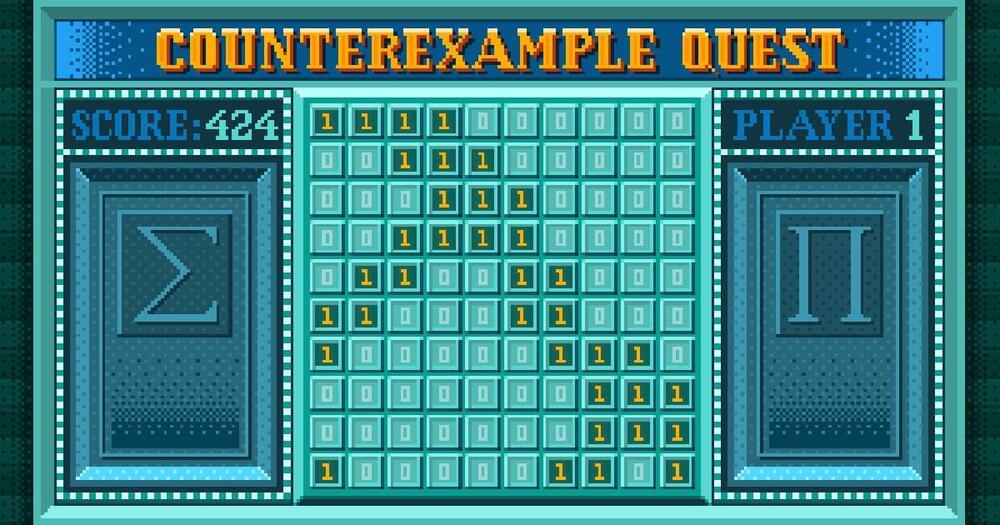


Microsoft Azure ‘AutoWarp’ Bug Could Have Let Attackers Access Customers’ Accounts
Details have been disclosed about a now-addressed critical vulnerability in Microsoft’s Azure Automation service that could have permitted unauthorized access to other Azure customer accounts and take over control.
“This attack could mean full control over resources and data belonging to the targeted account, depending on the permissions assigned by the customer,” Orca Security researcher Yanir Tsarimi said in a report published Monday.
The flaw potentially put several entities at risk, including an unnamed telecommunications company, two car manufacturers, a banking conglomerate, and big four accounting firms, among others, the Israeli cloud infrastructure security company added.
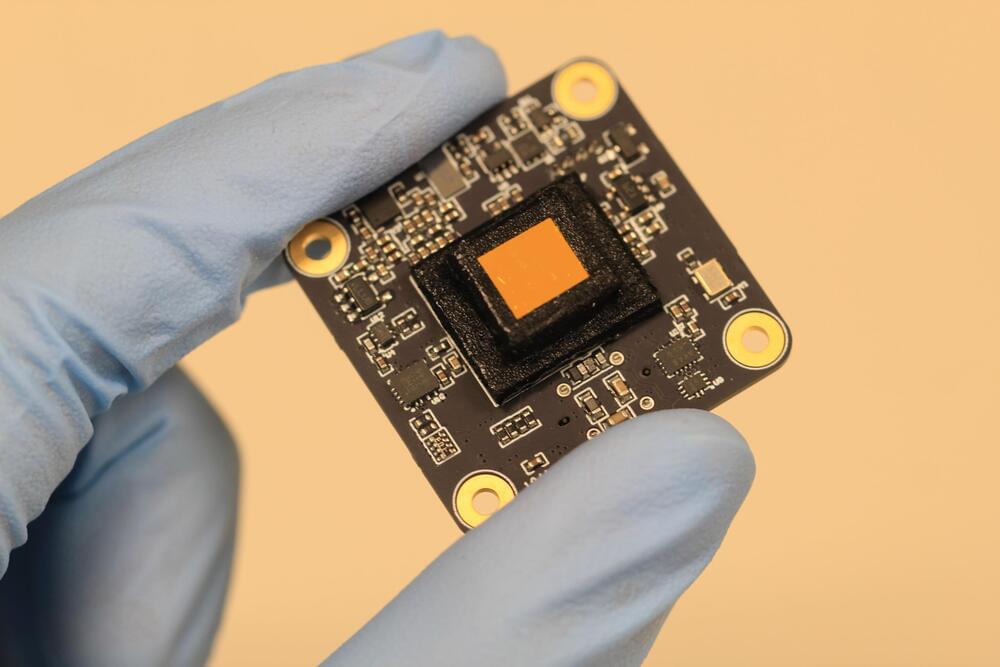
Bio-FlatScope dives deep for useful data
Want to monitor the brain of a running tiger?
First, catch the tiger.
Then attach Bio-FlatScope, the latest iteration of lensless microscopy being developed at Rice University.
That particular use is fanciful but not far-fetched, according to Jacob Robinson, an electrical and computer engineer at Rice’s George R. Brown School of Engineering who led the recent effort to test Bio-FlatScope in living creatures.

Chevron CEO says Israel gas pipeline could supply Europe
Europe’s natural gas shortage, which has pushed prices to multi-year highs, has revived talk of the EastMed pipeline – a Mediterranean Sea pipeline that could carry gas from Israel to European customers, Chevron Chief Executive Michael Wirth said on Monday at the CERAWeek energy conference.
Wirth downplayed concerns over global oil supplies amid the ongoing Russia-Ukraine war and the subsequent potential for an energy crisis.
The EastMed pipeline, meant to transfer natural gas from Israeli waters to Europe via Greece and Cyprus, was announced in 2016, and several agreements have been signed between the three countries on the subject. The three states aimed to complete the €6 billion project by 2025, but no financing has been secured for it.
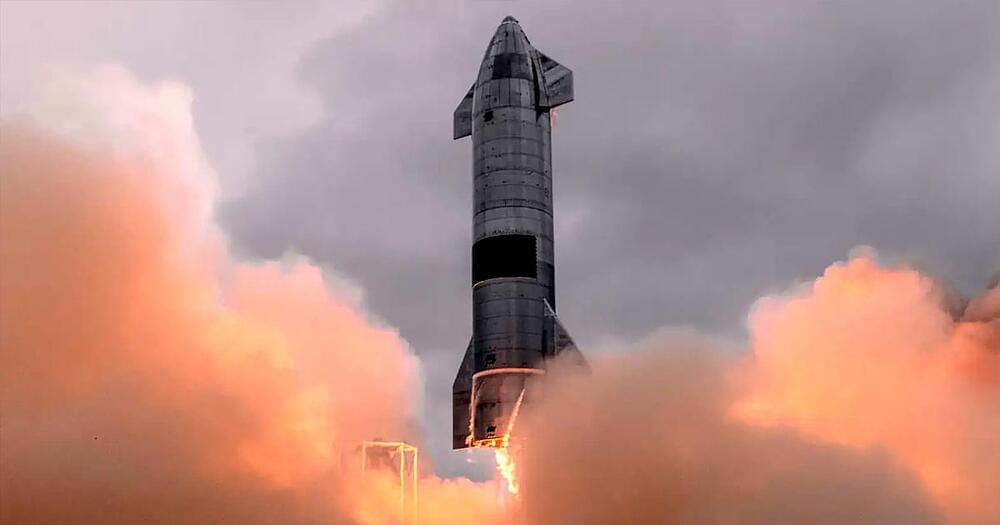
Elon Musk Says SpaceX Is So Busy With Ukraine That It’ll Delay Starship
Welp, Starship is delayed yet again.
SpaceX CEO Elon Musk tweeted on Friday that there would be “slight delays” ahead for the company’s experimental Mars-bound spacecraft. To blame, the billionaire said, was SpaceX having to dedicated more resources to fighting escalating cyber attacks on Starlink satellites by Russia after the space company sent Ukraine a shipment of its internet terminals.
Starship’s first launch has been delayed numerous times now, with much of it due to pending regulatory approval from the Federal Aviation Administration (FAA). However, this latest instance comes amidst a time of geopolitical turmoil caused by Russia’s invasion of Ukraine.
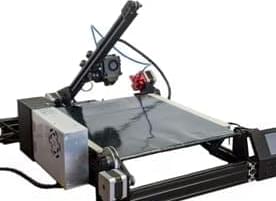
Tinybelt Enables Infinite 3D Printable at an Affordable Price
Traditional wisdom says that 3D printers are unsuitable for manufacturing. There are several reasons for that, including cost, part quality, and time, but labor is one of the most significant challenges. With conventional 3D printers, an operator must remove parts between jobs. That has a cost and slows down large production runs. Belt 3D printers solve this problem and also allow for infinite printing in one axis. Tinybelt, a new 3D printer on Kickstarter right now, makes this technology affordable.
The Tinybelt Kickstarter campaign is currently a third of the way to its $80,000 funding goal and needs your help to reach that goal. But you won’t want to contribute out of a sense of charity — you’ll want to back this campaign because Tinybelt has a lot to offer at an extremely competitive price. Tinybelt’s closest competition, the Creality CR-30 “3DPrintMill,” costs about $1,050. Tinybelt is available on Kickstarter right now for $499. Even at that low price, Tinybelt has a larger build volume than the competition.
As with other belt 3D printers 0, Tinybelt has one axis that is infinite. That means you can print parts as long as you want or print an unlimited number of parts—or both. The other two axes are 300mm and 200mm, which is almost twice the area of the Creality CR-30. A special nozzle made by Slice Engineering for the Mosquito hot end allows for printing at a shallower angle. Other specs are comparable, including the use of a dual-gear Bowden extruder.